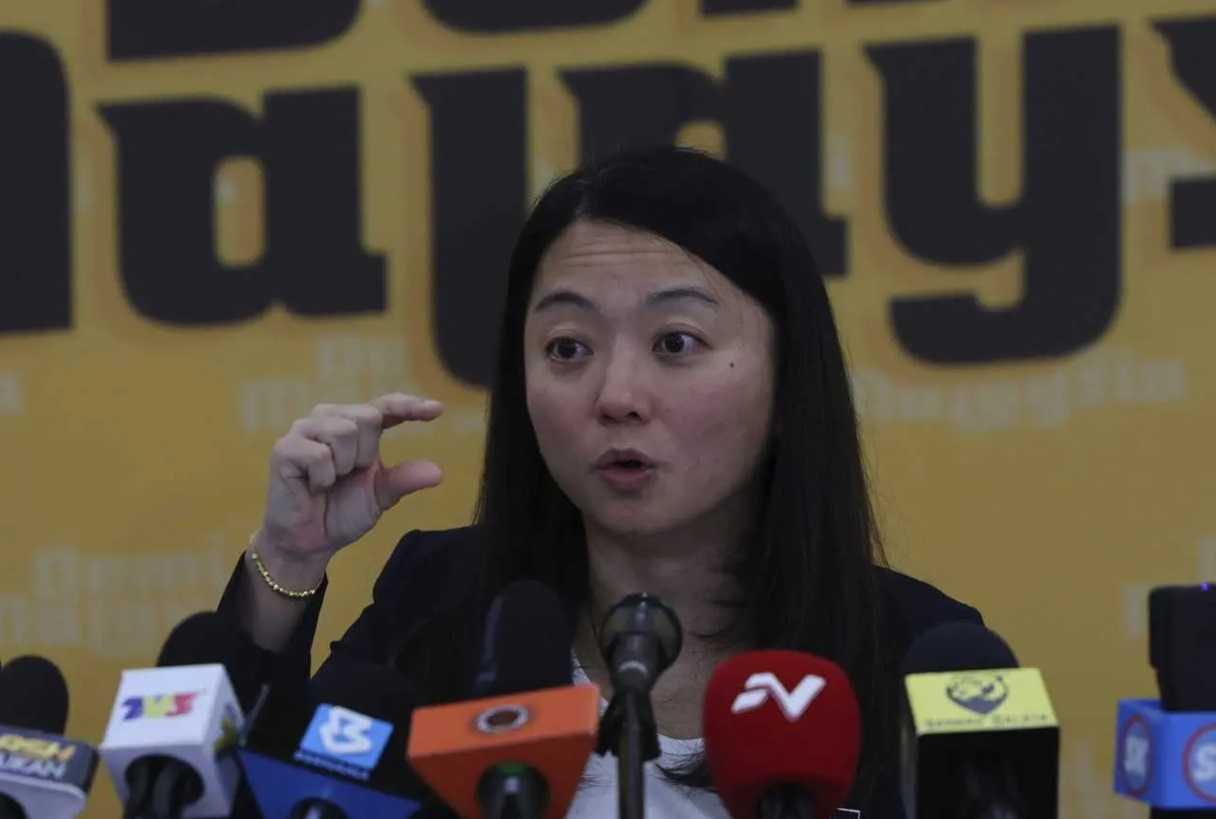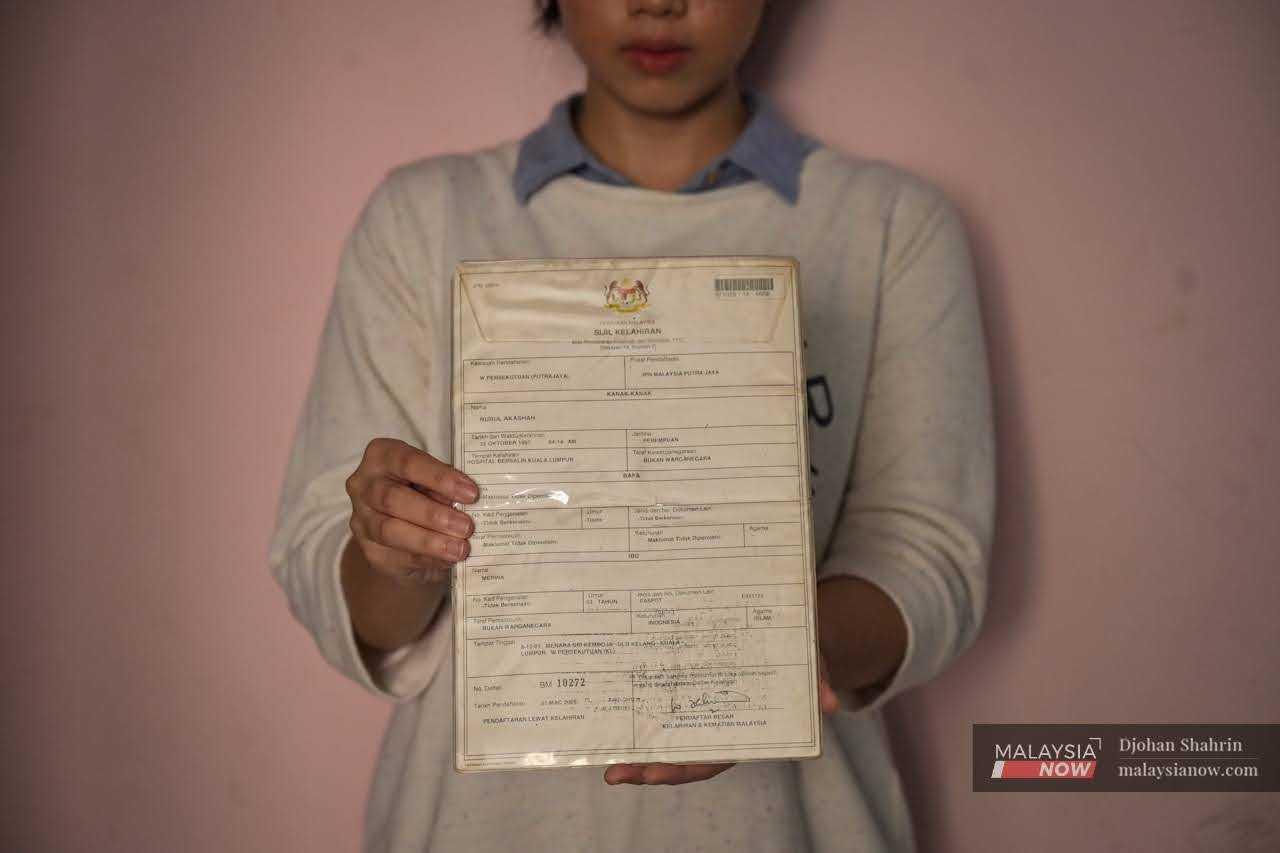The ‘hungry’ and ‘dangerous’ refugees laying bare our hypocrisy
The general ignorance about refugees comes as no surprise, given the rantings of the home minister and the distribution of resources meant for fighting crime.
Just In
The Kedah police recently made a very unusual public service announcement. They warned the public that the Rohingya refugees who escaped from a detention camp were hungry and dangerous, as if they were predatory animals waiting to devour helpless Malaysians for their blue identity cards.
It is sad but not surprising that such a statement was left unchallenged and taken seriously, even prompting some locals to take it upon themselves to hunt down these “dangerous” men, women and children, many of whom were barefoot, dazed and weak.
The statement by the police was greeted with an air of ignorance by Malaysians on social media. They egged on the authorities to catch the “intruders”, with at least some of these comments probably made as they prepared to devour a buka puasa spread with their family members in the safety of their homes.
The general ignorance about refugees comes as no surprise. We have a home minister who rants about this group, and authorities including the immigration and police whose resources spent mounting operations against these hapless creatures have given a whole new meaning to ensuring border security and fighting crime.
Yet a voice of reason came from the Kedah menteri besar – far from the most liberal politician Malaysians have known in recent times.
Muhammad Sanusi Md Nor challenged the narrative that the refugees were dangerous and a threat to the public.
“They just want to survive. Criminals such as drug dealers are the real threat,” he reportedly said.
This was, of course, a response to the police’s description of the refugees.
Since taking over this important portfolio, Hamzah Zainudin, the home minister, has been promoting an anti-refugee diatribe. Many times, he has told refugees and migrants to look for another country if they find the Malaysian government is making their lives difficult.
Taken from another perspective, the disdain shown to refugees by Hamzah and his ilk is revolting, especially when one is reminded about the origins of Islam.
Here’s a brief history byte for Hamzah: Like other great religions, Islam survived its early days due to migration and the circumstances that forced its followers to become refugees. So crucial was this characteristic of Islam that the year of the Hijrah – when a group of Muslims persecuted in Mecca fled to Medina hundreds of miles away – was made the basis for calculating the Islamic calendar.
If Malaysia, the only officially Muslim country in Southeast Asia, cannot take in Muslims driven out of their homelands, it speaks volumes about the level of hypocrisy in some and exposes a deep ignorance of their own faith.
One would expect at least some cosmetic Islamic sympathy for these refugees during the fasting month, as was shown several years back under the theme of the unity of the ummah.
At the very least, these same people who mobilised support for the Rohingya with all sorts of colourful speeches and banners should now speak up for these hapless souls.
Abdar Rahman Koya is CEO & editor of MalaysiaNow.
Subscribe to our newsletter
To be updated with all the latest news and analyses daily.



